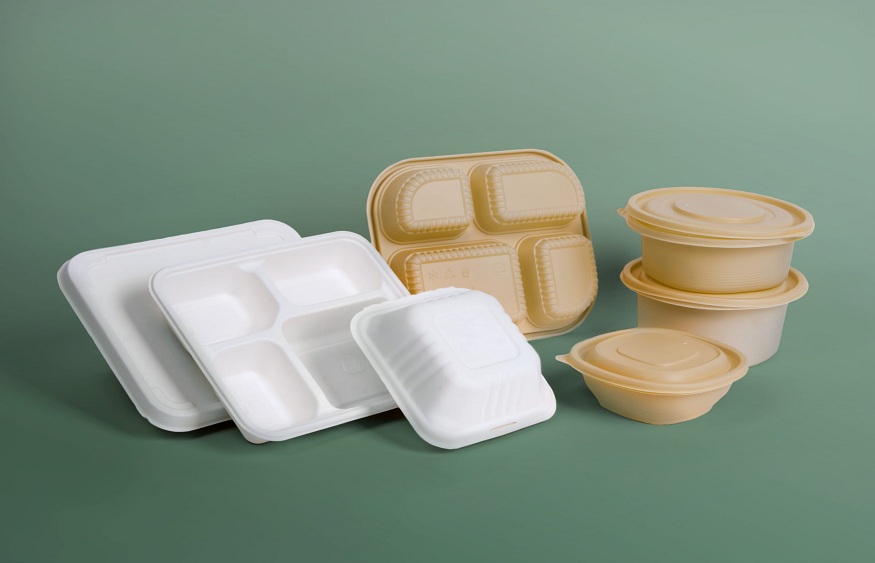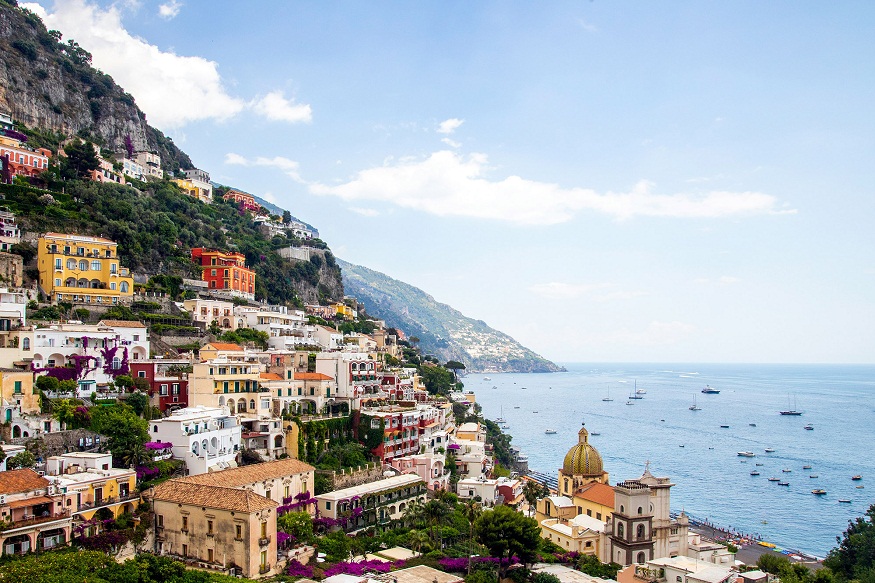Benefits of Biodegradable Boxes for Food
The sands of time are shifting towards more eco-friendly options. Where plastic and Styrofoam containers once reigned, new sustainable stars are rising from nature’s bounty. Biodegradable boxes, born from plants like sugarcane and corn, are gaining popularity with every passing meal. Consumers and companies alike seek packaging that protects both palates and the planet. Biodegradable boxes for food are becoming a popular choice for takeaway packaging.
Why bury waste for centuries when boxes can become soil within seasons? This article will take you on a tour of biodegradable boxes’ key benefits – how they reduce residue and safeguard Earth. We’ll see how switching wraps can help switch waste’s flow from overflowing landfills back to enriching land. So join me as we explore how biodegradable boxes are changing the course of takeaway packaging, delivering taste without trashing our treasured world.
1. Material Benefits
Biodegradable boxes are typically made from materials that are derived from renewable plant sources such as paper, sugar cane, bamboo or corn. These plant-based materials break down quickly when disposed of properly and do not pollute the land or sea like plastic.
Paper-based biodegradable boxes are the most common type available. They are made from paper pulp which is a renewable resource. Many paper manufacturers use sustainably harvested wood or recycled paper fibers to make biodegradable paper boxes. These paper boxes feel similar to traditional cardboard but are treated with a liner or coating to make them water resistant and suitable for wet or oily foods.
Other biodegradable materials gaining popularity include boxes made of sugarcane bagasse, a fibrous residue left after sugarcane stalks are crushed to extract their juice. Bagasse provides high strength and durability similar to paperboard. There are also biodegradable food containers made of polylactic acid (PLA), a plastic polymer made from corn or sugarcane. PLA breaks down similarly to paper when composted.
All of these biodegradable materials allow boxes and containers to fully decompose within a few months after disposal, turning into carbon dioxide, water and organic matter without polluting the soil. This is a major environmental benefit over plastic which can persist in landfills and oceans for centuries.
2. Waste Reduction Benefits
Food packaging that uses biodegradable cartons often can help cut waste in half. Over 2 million tons of municipal solid waste are produced yearly in the UAE, however only a tiny percentage is diverted from landfills through recycling or composting initiatives. Many of these wastes cause long-term environmental pollution.
By switching to biodegradable food packaging, businesses can help tackle the country’s waste problem. When biodegradable boxes are no longer needed after use, they can be composted rather than filling up landfill space. This allows the material to fully breakdown and be converted into nutrient-rich humus that enriches soil. It also reduces methane emissions from decomposing waste in landfills, helping lower the UAE’s carbon footprint.
Composting biodegradable food packaging offers an environmentally-friendly solution for waste management. It keeps valuable resources circulating in the economy and prevents pollution. As more businesses adopt biodegradable boxes, it can significantly reduce packaging waste volumes and the need for additional landfills or incineration in the long run. This makes composting biodegradable packaging an attractive sustainable option for the UAE as the country works to become a zero waste economy by 2030.
3. Cost Savings Potential
While biodegradable food packaging may seem more expensive than plastic or Styrofoam initially, there is potential for cost savings over the long term. Once a business switches to biodegradable boxes, they save on disposal and landfill fees annually. Since biodegradable materials can be composted rather than filling up expensive landfill airspace, it lowers waste handling costs.
Businesses that order eco food packaging in large volumes from suppliers may also qualify for discounts. Working with a distributor that specializes in biodegradable products allows accessing competitive pricing on high order quantities. Over time, the avoided costs of landfilling or incineration can offset the higher upfront material costs of biodegradable boxes.
Some local governments in the UAE are considering implementing landfill bans on plastic food packaging or applying levies to incentivize use of sustainable alternatives. Being prepared with a biodegradable packaging system helps future-proof a business from potential regulatory costs down the line. It also provides a marketing advantage for companies that want to promote their sustainable credentials to environmentally-conscious consumers. Overall, biodegradable food packaging offers hidden long term cost benefits that can boost the bottom line.
4. Improved Marketing Opportunities
In the competitive food industry, biodegradable packaging allows businesses to differentiate themselves and appeal to new customers. Consumers are increasingly concerned about the environmental impact of plastic waste and looking to support companies demonstrating sustainability leadership.
Using biodegradable boxes for takeaway and delivery signals that a brand cares about reducing its carbon footprint. It provides a positive marketing message that resonates well with younger and health-conscious consumers in the UAE. Biodegradable packaging can be prominently displayed and featured in a company’s marketing materials as a point of difference.
On social media, highlighting the use of biodegradable food boxes is a great way to start conversations and build brand awareness. Sustainability-focused influencers may be interested in collaborating with food brands that use eco-friendly packaging solutions. Overall, the marketing benefits of biodegradable food packaging should not be underestimated in today’s image-conscious business landscape.
Conclusion
No matter the nibble – be it a coffee on the run, bakery bite or delivered dinner – switching wraps to those that wilt means wins all around. Businesses bloom as biodegradable boxes bear both greener gifts and financial fruits with time. As more join the sustainable stream, collectively our trash torrents taper. Shoppers too share power in their purchases, prioritizing producers providing the planet’s premier pastry packages and best cake decorating kit. In the UAE, the food industry is primed to lead the way towards a circular economy where composting containers close the loop.
Embracing biodegradable foodservice solutions means minimizing mounds of muffin muck clogging coastlands for centuries. It proves a trifecta of triumphs – boosting brands, benefitting bottom lines and blessing our bountiful blue biosphere. So let’s applaud these admirable alternatives that deliver deliciousness while ditching dump-bound debris for good. Biodegradable boxes are beyond doubt the better bet.



